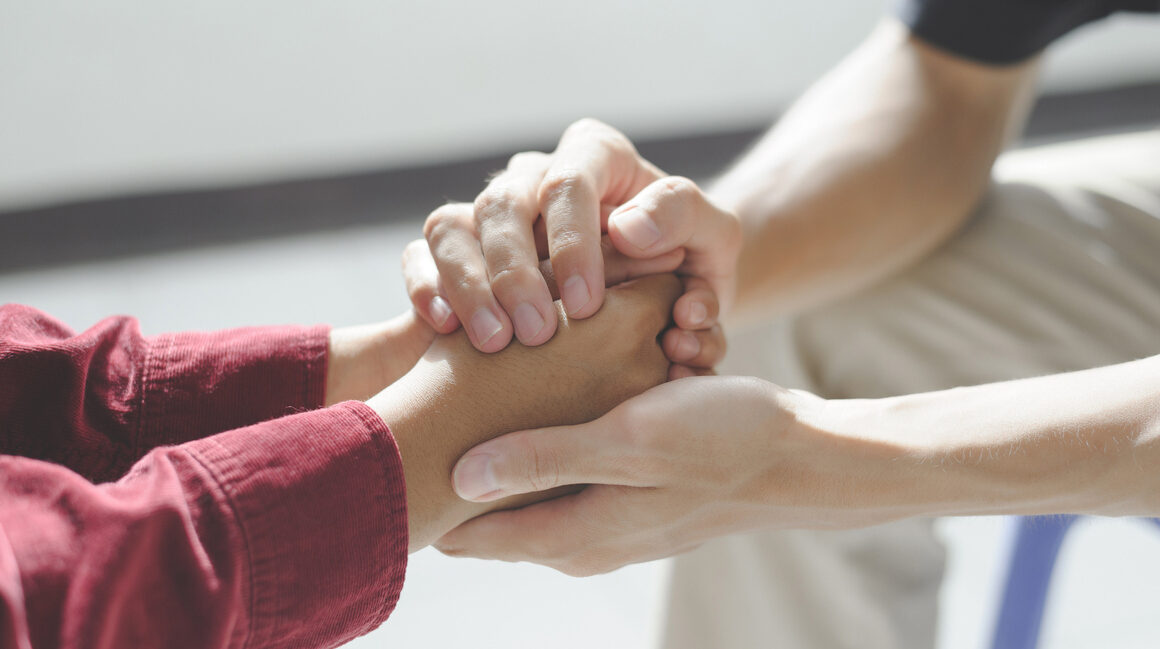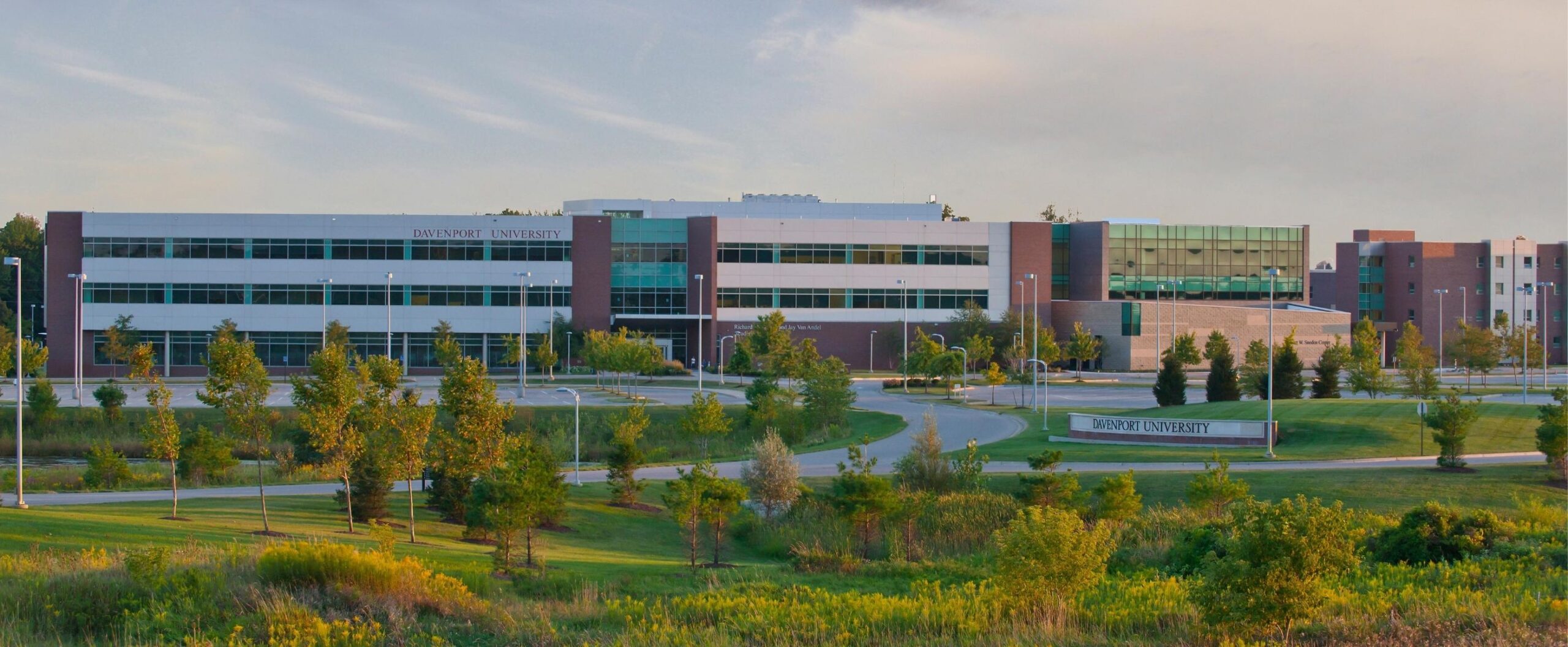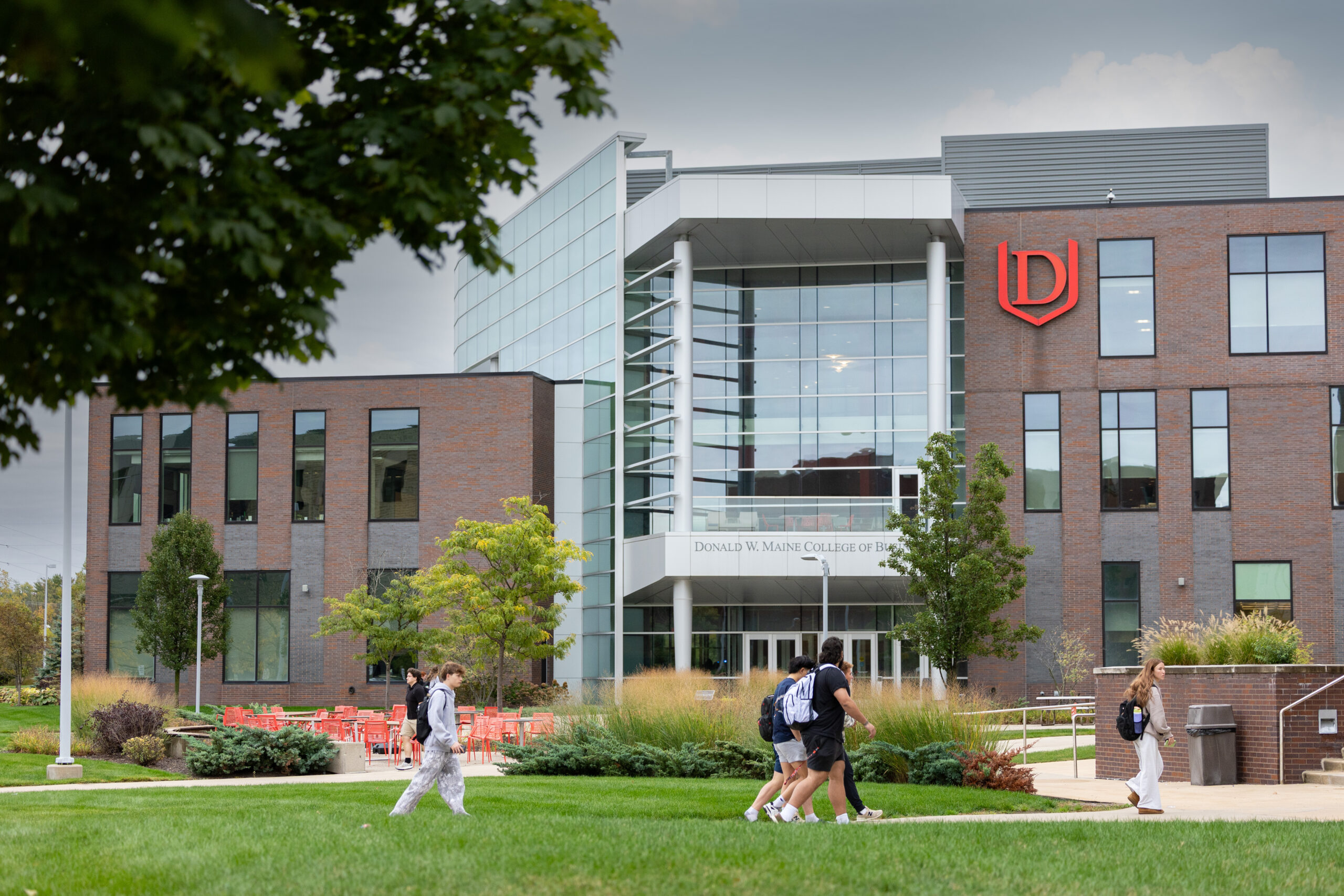Psychological well-being is generally considered the ability to experience positive feelings, function effectively in our daily lives, and cope with our stresses in an adaptive manner.
Certainly, Covid has provided a range of stressors for all of us. Over the course of the past year and a half, we have faced many challenges. These challenges have impacted the way we work, attend school, care for family members and even go grocery shopping. As a result, the pandemic has affected us both as individuals and as part of a greater collective. In more normal times, we were able to more freely interact with members of our personal and professional support systems, including friends, family, classmates, instructors and colleagues. It is easy to see how these changes and challenges, which have occurred over such a prolonged period of time, can impact our personal and global sense of well-being. How we address these stressors, in an ever-changing landscape of virus variants, can help us to become more adaptive in the future.
As we move forward, it will be important to attend to our own mental well-being in order to help ensure both our psychological and physical health over time. Rather than feeling like the pandemic is in control of us, we can all modify our attitudes and behaviors to take charge of our personal well-being. By developing practices that will help us weather our current health issues, we can both help ensure our own well-being and contribute to the well-being of those around us.
Ways to improve your well-being post-pandemic
When we consider how to positively impact our mental well-being, there are many activities of daily life which come to mind. These activities include our sleep practices, level of physical activity and socializing with others. Engagement within our community, including volunteering and helping others can also be of great benefit in relation to our personal growth and well-being.
- Sleep Practices: Having come through what we can all hope is the worst of the pandemic, I think many of us can recall more than a few sleepless nights. Difficulties falling asleep, sleeping through the night or sleeping too much during the day can affect both our physical and mental health. Sleep allows us to recharge, both literally and figuratively. As we move forward, working to regain control over our sleep hygiene or sleep practices can be important for many people. Maintaining a regular bedtime and wake-up time, even on the week-ends, is one way to improve sleep. We know that some amount of sleep deficit can be compensated for by sleeping in for a day or two, but over the long term, achieving at least seven to eight hours of sleep each night is very important. However, learning to turn-off at bedtime, both mentally and physically, can be quite difficult. That is why the bedroom should serve as a quiet place of rest, devoid of electronics.
- Physical Activity: It is also important to gain some level of physical activity each day. This will not only help us to sleep better each night but also promotes the release of endorphins, which promotes a sense of well-being. Exercise can also serve as an excellent release when we encounter anxiety.
- Socializing with Others: Now that we are able to spend time with others, we should consider the quality of the time spent. Building healthy relationships with others helps to provide a support system and has a positive effect on our mental health. As social animals, we all need some level of social interaction with others. This interaction can allow us to share our achievements, moments of joy and our pain or frustration with others. By sharing our feelings and experiences with others, we often feel less isolated and alone.
- Gratitude: Given our recent experiences with COVID-19, this can be a good time to engage in self or personal reflection. Taking time each day to consider the things in life which we can be grateful for can help us put our daily frustrations into perspective.
- Giving Back: Finally, our sense of well-being, or our mental health, can be enhanced by giving back to others. This can take the form of regular volunteer efforts in the community or occasional activities which present opportunities over the course of the year. By giving back to our community we are better able to reach beyond our personal experiences and broaden our perspectives on life.
While we never have complete personal control over our lives, learning which aspects of our lives we can most directly impact can be empowering. Meeting our own basic personal needs, personal reflection, and community engagement are all aspects of daily life that can improve our mental well-being. Also, the skills we continue to develop, by meeting the challenges we are currently facing, can help us further develop our adaptability in relation to future challenges in life.
Share This Story!
Psychological well-being is generally considered the ability to experience positive feelings, function effectively in our daily lives, and cope with our stresses in an adaptive manner.
Certainly, Covid has provided a range of stressors for all of us. Over the course of the past year and a half, we have faced many challenges. These challenges have impacted the way we work, attend school, care for family members and even go grocery shopping. As a result, the pandemic has affected us both as individuals and as part of a greater collective. In more normal times, we were able to more freely interact with members of our personal and professional support systems, including friends, family, classmates, instructors and colleagues. It is easy to see how these changes and challenges, which have occurred over such a prolonged period of time, can impact our personal and global sense of well-being. How we address these stressors, in an ever-changing landscape of virus variants, can help us to become more adaptive in the future.
As we move forward, it will be important to attend to our own mental well-being in order to help ensure both our psychological and physical health over time. Rather than feeling like the pandemic is in control of us, we can all modify our attitudes and behaviors to take charge of our personal well-being. By developing practices that will help us weather our current health issues, we can both help ensure our own well-being and contribute to the well-being of those around us.
Ways to improve your well-being post-pandemic
When we consider how to positively impact our mental well-being, there are many activities of daily life which come to mind. These activities include our sleep practices, level of physical activity and socializing with others. Engagement within our community, including volunteering and helping others can also be of great benefit in relation to our personal growth and well-being.
- Sleep Practices: Having come through what we can all hope is the worst of the pandemic, I think many of us can recall more than a few sleepless nights. Difficulties falling asleep, sleeping through the night or sleeping too much during the day can affect both our physical and mental health. Sleep allows us to recharge, both literally and figuratively. As we move forward, working to regain control over our sleep hygiene or sleep practices can be important for many people. Maintaining a regular bedtime and wake-up time, even on the week-ends, is one way to improve sleep. We know that some amount of sleep deficit can be compensated for by sleeping in for a day or two, but over the long term, achieving at least seven to eight hours of sleep each night is very important. However, learning to turn-off at bedtime, both mentally and physically, can be quite difficult. That is why the bedroom should serve as a quiet place of rest, devoid of electronics.
- Physical Activity: It is also important to gain some level of physical activity each day. This will not only help us to sleep better each night but also promotes the release of endorphins, which promotes a sense of well-being. Exercise can also serve as an excellent release when we encounter anxiety.
- Socializing with Others: Now that we are able to spend time with others, we should consider the quality of the time spent. Building healthy relationships with others helps to provide a support system and has a positive effect on our mental health. As social animals, we all need some level of social interaction with others. This interaction can allow us to share our achievements, moments of joy and our pain or frustration with others. By sharing our feelings and experiences with others, we often feel less isolated and alone.
- Gratitude: Given our recent experiences with COVID-19, this can be a good time to engage in self or personal reflection. Taking time each day to consider the things in life which we can be grateful for can help us put our daily frustrations into perspective.
- Giving Back: Finally, our sense of well-being, or our mental health, can be enhanced by giving back to others. This can take the form of regular volunteer efforts in the community or occasional activities which present opportunities over the course of the year. By giving back to our community we are better able to reach beyond our personal experiences and broaden our perspectives on life.
While we never have complete personal control over our lives, learning which aspects of our lives we can most directly impact can be empowering. Meeting our own basic personal needs, personal reflection, and community engagement are all aspects of daily life that can improve our mental well-being. Also, the skills we continue to develop, by meeting the challenges we are currently facing, can help us further develop our adaptability in relation to future challenges in life.
Share This Story!
Stay connected!
Get the latest Davenpost News delivered to your inbox!
Related Stories
A new registered student organization is being started by three DU students to help ensure international students at Davenport have [...]
As the first in their families to attend college, first-generation students often face challenges that other students may not be [...]
20% tuition discount available to all members and their dependents who meet admission criteria Davenport University and Michigan Hispanic [...]
Latest Stories
Over a high-stakes weekend at Ferris State University on February 14th and 15th, Davenport University Esports solidified its status as [...]
Davenport University has announced a new master's degree in nursing that prepares nurses for advanced careers as clinical nurse leaders. [...]
Davenport University’s Business Professionals of America (BPA) students once again took top honors at the recent Postsecondary State Leadership Conference, [...]








